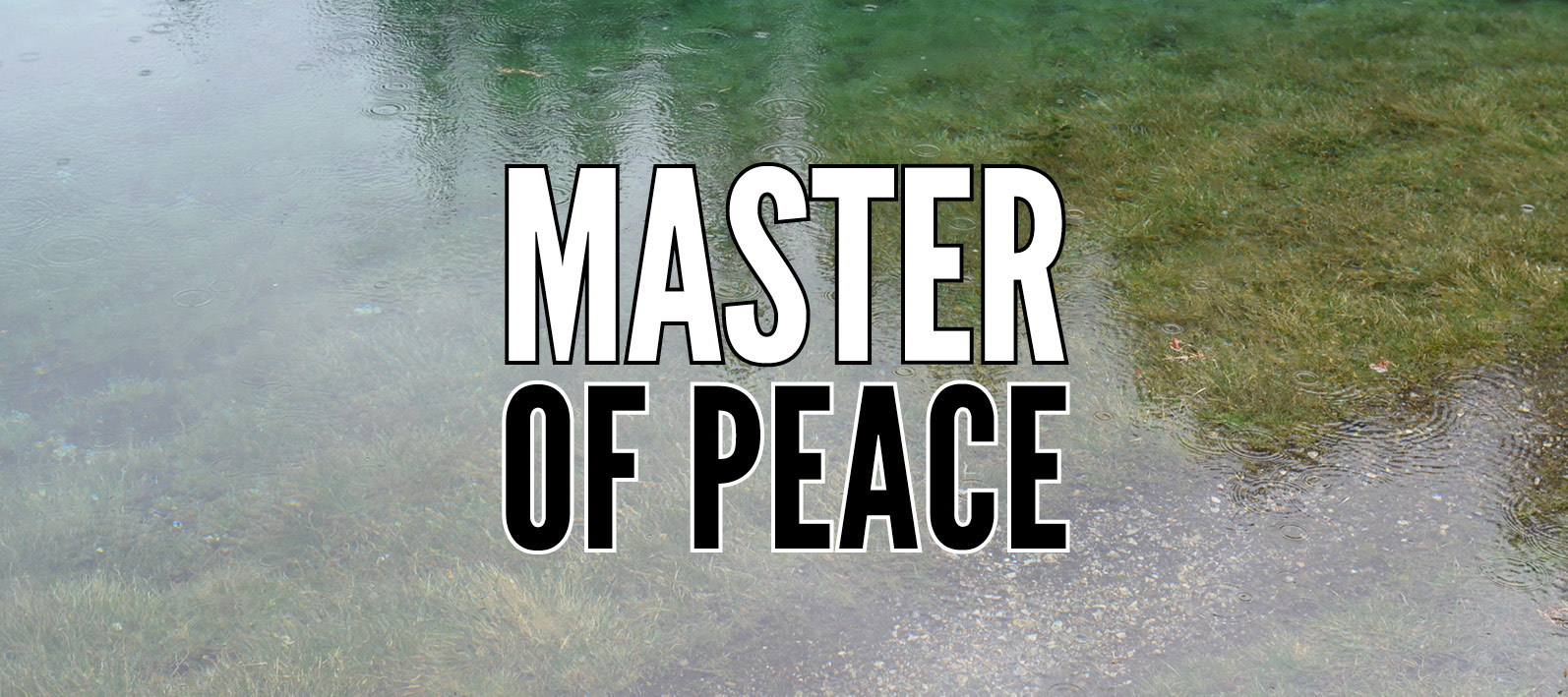Changing Perspectives: Including Transrational Aspects in the Design of Public Education Policies
My research explores how to shift from a modern education pattern, based solely on rational aspects, to bring together the ethics and the aesthetics of peaces in the design of education policies and what benefits this change would imply. Through the tools of Dietrich’s transrational peaces, it is possible to accomplish a systemic change in our societies. In other words, when conflict transformation work is done with what Lederach calls a ‘critical mass’ of a community, such mass will transform the rest of the community (the system), since its members are interconnected through their familiar, social, or labor relationships, namely. One of the possible benefits of including Transrational aspects in education is that students reach an expanded intelligence and become critical citizens, building the cornerstones of truly democratic societies.
***
My experience in Innsbruck changed my understanding of education: I realized that education policies aimed towards a competitive labor market hardly take into consideration the multicultural array of my country, but instead diminish the knowledge of vernacular groups and deteriorate the social fabric of communities. I visited a Mazahua community where only women live, since men have to go Mexico City to work because their vernacular subsistence means were eradicated. My interviews with professors, public education officials, and a focus group I conducted with the Mazahuas made me feel reassured about how transrational aspects in the design and implementation of public education policies are gaining popularity, even though they are called differently.

